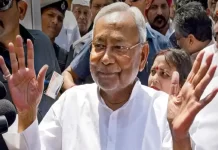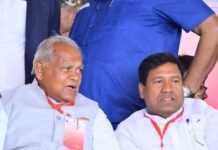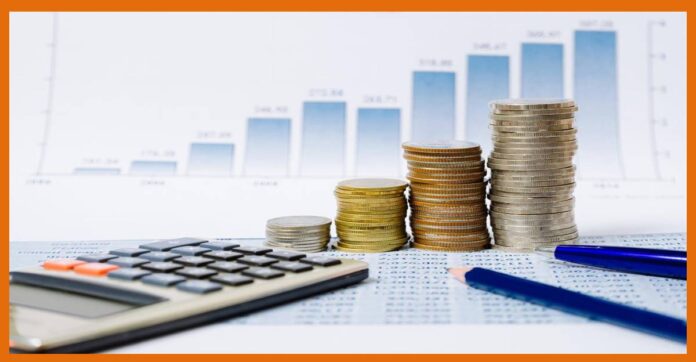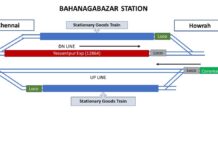In a report citing sources, the government is preparing a new cess to finance additional expenditure owing to the pandemic, including that on vaccinations, the Economic Times stated.
Any tentative discussions on revenue-raising steps have been held by the Center, but a final decision on whether to implement a new tax in the form of a cessation or surcharge will be made closer to the budget of the Union, which is planned to be a new levy.
Worth noting here is that, in their policy proposals, business leaders have called for no additional taxes to be levied when the economy is under threat. The proposal was also criticized by experts, claiming the timing wasn’t right.
“Proposal for a cess has been discussed,” the business daily quoted a source, having knowledge of the matter, as saying. Initial discussions have centred around a small cess on high-income earners and some indirect taxes. Another proposal is to add a cess to excise on petroleum and diesel or on top of customs duties. The goods and services tax (GST) is administered by the GST Council and the Centre cannot unilaterally levy a cess on it. According to the publication, private estimates peg expenditure on the vaccine rollout, including logistics cost, at Rs 60,000-65,000 crore.
It is likely that the Centre will cover the expense of the vaccine program for Covid-19, which begins on 16 January. In the next financial year, the government is also preparing additional spending expected to boost the economy on housing, the rural economy and the Atmanirbhar Bharat Rozgar Yojana, the publication noted. Instead of raising income, the Centre would choose a cess to easily raise funds.
Many states imposed additional cess
Many states had earlier levied a cessation on their taxes in the fiscal era since the pandemic broke out to collect funds as revenues collapsed. It should be remembered that for nations, GST is the largest source of income.
Jharkhand introduced a Covid cess on minerals, while Punjab imposed more tax on liquor. Delhi imposed a 70% corona cess on liquor, which was withdrawn in June but VAT was raised. “The fact that a large part of the population, especially the MSMEs and individual taxpayers, have been adversely impacted and that many households are struggling financially due to job losses and salary cuts, it is advisable to maintain status quo on the tax rates,” the business daily quoted Vikas Vasal, national leader, tax, Grant Thornton Bharat LLP as saying.












































